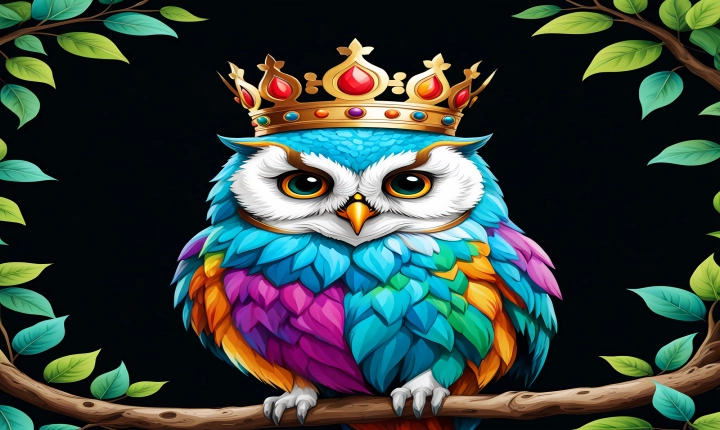Artificial Intelligence (AI) has been making waves in the music industry in recent years, with the ability to create original songs that rival human compositions. But how exactly do they make AI songs? Let’s delve into the process and explore the technology behind this fascinating phenomenon.
The first step in creating AI songs is to gather a vast amount of musical data. This data could include a wide range of music styles, genres, and compositions, serving as the foundation for training the AI model. The quantity and diversity of data play a crucial role in shaping the AI’s ability to generate original and creative music.
Once the data is collected, the AI model utilizes machine learning algorithms to analyze and understand the patterns, structures, and elements of music. This process enables the AI to learn the rules of music theory, such as chord progressions, melodies, harmonies, and rhythm, and apply this knowledge to generate new musical compositions.
In order to compose a new song, the AI model employs generative algorithms to create melodies, harmonies, and rhythms. These algorithms are designed to produce music that is coherent, expressive, and emotionally engaging. The AI can also incorporate user input or preferences to tailor the composition to a specific style or mood.
In some cases, AI music models can also employ natural language processing techniques to incorporate lyrics into the songs. By analyzing large volumes of text data, the AI can generate lyrical content that complements the musical composition, providing a complete songwriting experience.
Once the AI has composed a new song, it undergoes a process of refinement and evaluation. This involves analyzing the musical structure, melody, harmony, and lyrics to ensure that the composition meets certain quality standards. The AI can also make adjustments based on feedback or specific criteria, refining the song to achieve the desired result.
It’s important to note that the use of AI in music composition does not replace human creativity, but rather complements and expands the creative potential of musicians and songwriters. AI-generated music can serve as a source of inspiration, a tool for exploring new musical ideas, and a platform for collaboration between AI and human composers.
In conclusion, the creation of AI songs involves a complex and sophisticated process that integrates machine learning, generative algorithms, and natural language processing. By harnessing the power of AI, the music industry is experiencing a new wave of creativity and innovation, with AI-generated compositions offering fresh perspectives and opportunities for artistic expression. As technology continues to advance, the potential for AI music to shape the future of music creation is vast, opening doors to new possibilities and pushing the boundaries of musical creativity.
